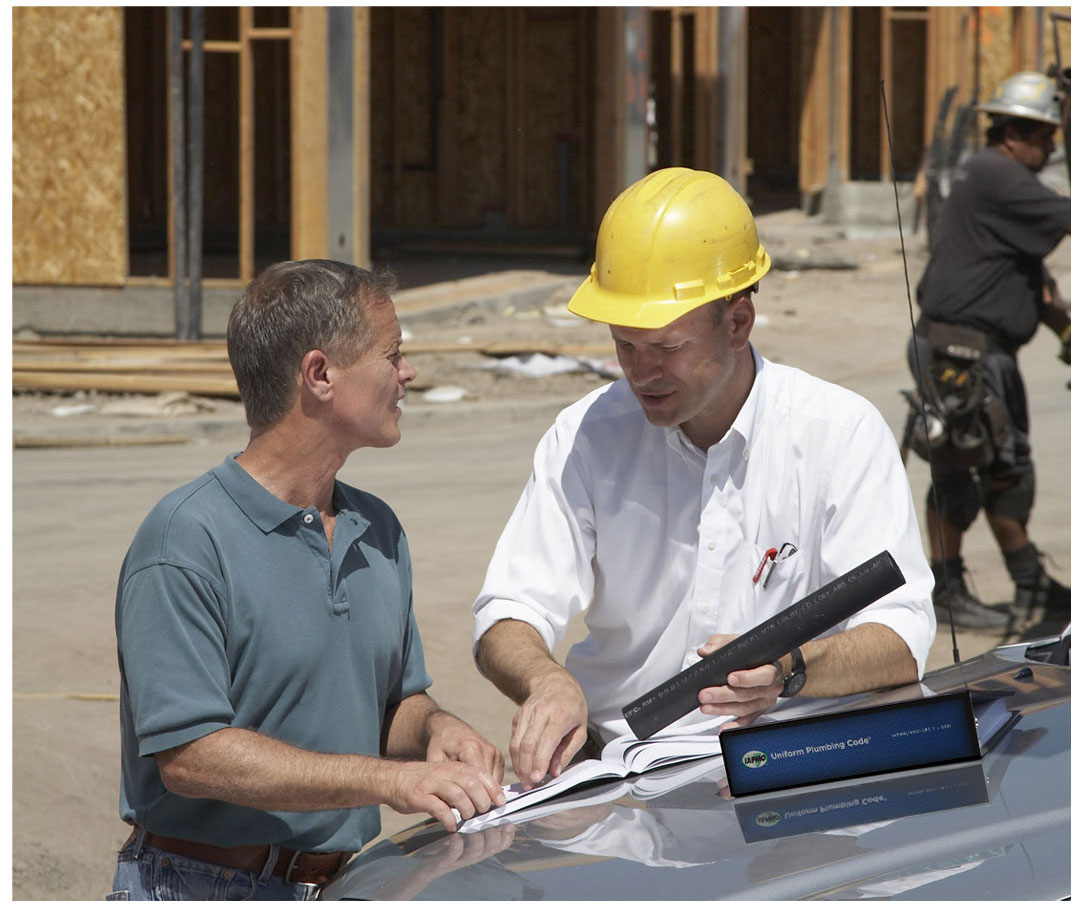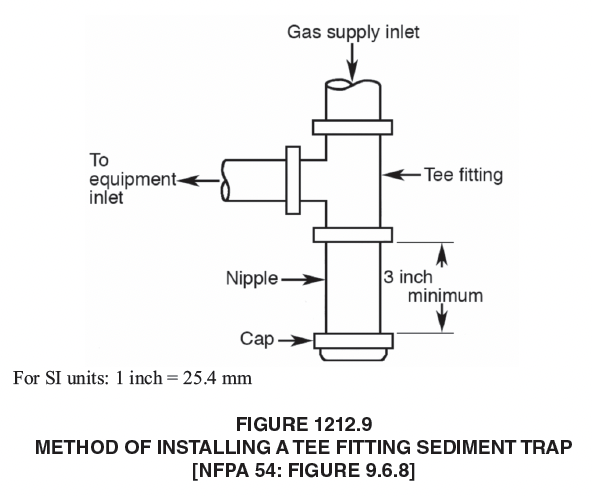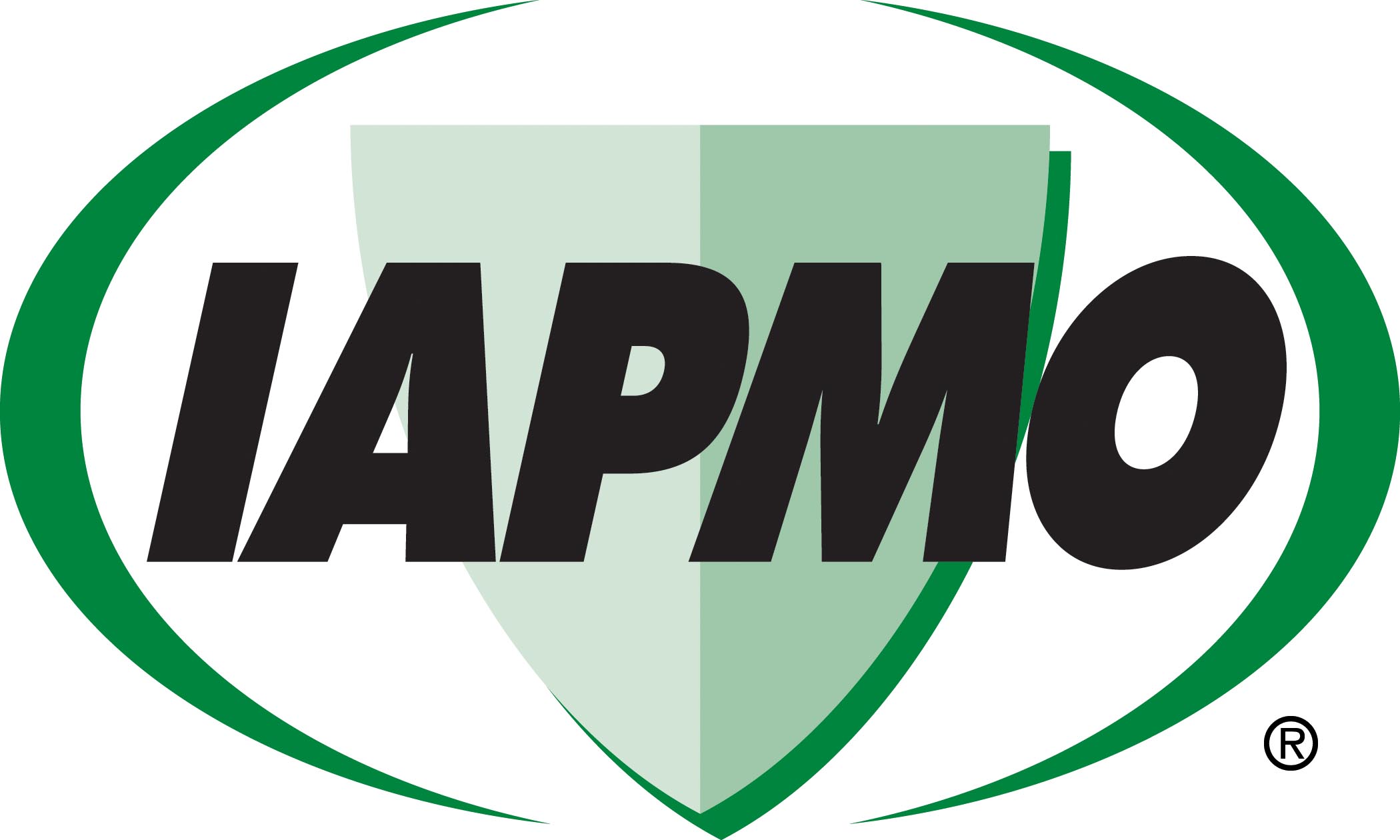June 29

From the 2021 UPC Illustrated Training Manual, Chapter 12, FUEL GAS PIPING
1210.7.2 Sediment Traps. The installation of sediment traps shall be in accordance with Section 1212.9. [NFPA 54:7.6.3]
Sediment traps, sometimes confused with drip traps, are installed to collect solid foreign particles to prevent such material from entering close-fitting parts or small passageways (e.g., valves and orifices). Sediment traps are identical to drip traps and are to be installed according to Section 1212.8 (see Figure 1212.9). Although some gases can contain foreign particles, this situation is not likely to be a problem in either utility gas or LP-gas because of the methods and equipment used in handling these products. Dirt and pipe material cuttings that are placed unavoidably in the system itself (usually during construction) and are present in limited amounts are the target of sediment traps. Thus, sediment traps seldom need to be opened for service or cleaning.

Many appliance manufacturers are incorporating sediment traps in their appliances, and a number of the ANSI Z21 standards for gas appliances require the installation of a sediment trap. Section 1212.9 requires the installation of a sediment trap at the time of installation of most appliances if they are not already equipped with one.
The 2021 Uniform Plumbing Code Illustrated Training Manual is available for purchase here.
(This is not to be considered the official position of IAPMO, nor is it an official interpretation of the Codes.)

IAPMO
IAPMO develops and publishes the Uniform Plumbing Code®,the most widely recognized code of practice used by the plumbing industry worldwide; Uniform Mechanical Code®; Uniform Swimming Pool, Spa and Hot Tub Code®; and Uniform Solar Energy, Hydronics and Geothermal Code™ — the only plumbing, mechanical, solar energy and swimming pool codes designated by ANSI as American National Standards — and the Water Efficiency Standard (WE-Stand)™. IAPMO works with government, contractors, labor force, and manufacturers to produce product standards, technical manuals, personnel certification/educational programs and additional resources in order to meet the ever-evolving demands of the industry in protecting public health and safety.
Last modified: June 29, 2023
